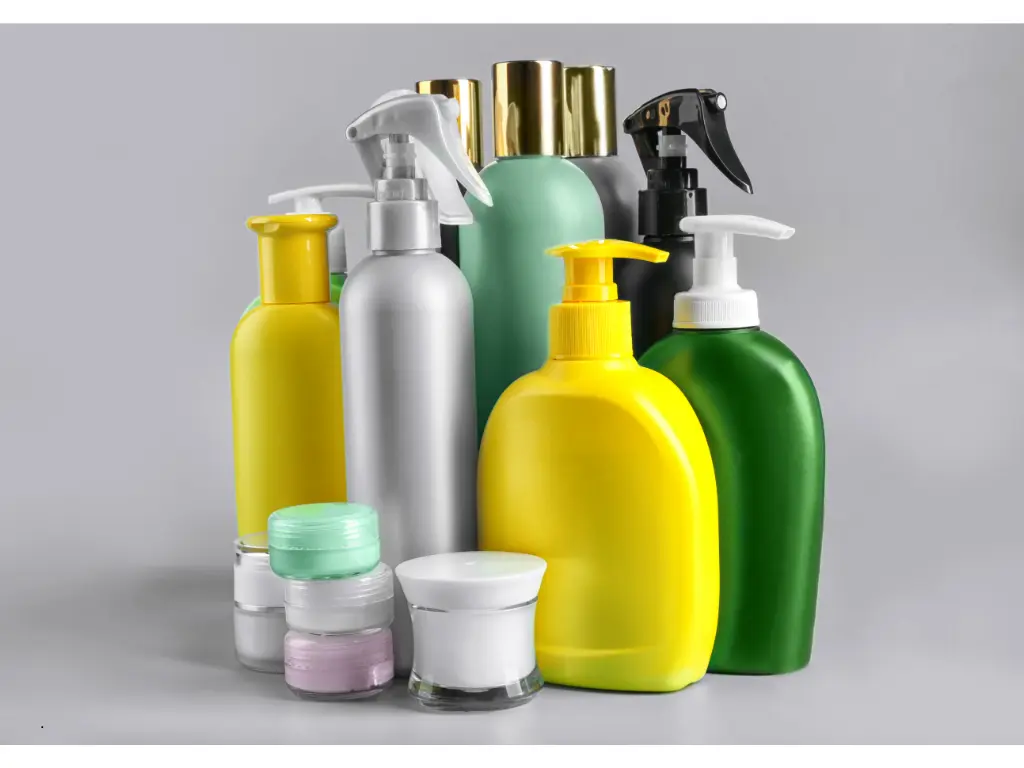- Home
- News Details
News Details

Dominican Republic Announces Draft Regulation on Cosmetics Personal Care and Household Products
2025-01-24 Reference source : DIGEMAPS
Cosmetic Products Latin America Personal care WTO Mandatory Sanitary Notification NSO Dirección General de Medicamentos Alimentos y Productos Sanitarios DIGEMAPS Household Products
On 13 January 2025, the Dominican Republic issued a notification under the World Trade Organization's (WTO) Agreement on Technical Barriers to Trade (TBT) to announce a draft Technical Regulation aimed at standardizing the marketing of cosmetics, personal care, and household products. The Regulation, detailed by the Ministry of Public Health and Social Welfare, aims to protect consumer health and safety, ensure quality standards, prevent deceptive practices, and promote trade by reducing technical barriers. The Regulation introduces a comprehensive legal framework to standardize the marketing of these products in the country, covering aspects such as manufacturing references, labeling, mandatory sanitary notifications, and public health standards.
Key Features of the Regulation
-
Legal Framework and Objectives:
-
The regulation ensures that all cosmetic, personal care, and household products sold in the Dominican Republic adhere to high standards of safety, quality, and efficacy.
-
It establishes the classification of products and the criteria for obtaining the Mandatory Sanitary Notification (Notificación Sanitaria Obligatoria - NSO).
-
-
Scope:
-
Applies to all entities involved in the import, export, manufacture, packaging, storage, distribution, and sale of products in these categories.
-
Provides clear guidelines for establishments involved in these activities to ensure compliance with the regulation.
-
-
Labeling Requirements:
-
Products must display detailed information in Spanish, including ingredients, manufacturer and distributor details, expiration dates, and instructions for use.
-
Warning labels are mandatory for products containing potential allergens, irritants, or hazardous substances.
-
-
Mandatory Sanitary Notification (NSO):
-
The NSO process requires manufacturers and distributors to register their products with the Dirección General de Medicamentos, Alimentos y Productos Sanitarios (DIGEMAPS).
-
The NSO is valid for five years, after which it must be renewed.
-
The regulation outlines a 15-day review period for DIGEMAPS to approve or reject NSO applications.
-
-
Accepted Manufacturing References:
-
The regulation recognizes international safety and quality standards, including guidelines from the European Union (Cosing database), US Personal Care Products Council (PCPC), and the US Food and Drug Administration (FDA).
-
Ingredients not listed in these references must be justified with scientific data during the NSO process.
-
-
Facilities and Compliance:
-
Establishments involved in the manufacture or distribution of these products must obtain specific certifications, including Good Manufacturing Practices (GMP) certification.
-
Separate and designated areas for manufacturing, packaging, and storage are required to maintain product integrity.
-
Implementation Timeline
The proposed regulation notified to the WTO, which can be found here (in Spanish), invites public comments until March 14 2025, giving stakeholders the opportunity to contribute to the finalization of the regulation.
We acknowledge that the above information has been compiled from DIGEMAPS .
Global Product Compliance (GPC) specializes in Global Regulatory Compliance Solutions across sectors
globally. SSS Europe, a familiar name in chemical regulatory and compliance services now formally belongs
under the umbrella of GPC Holding Sweden.
Since 2008, we have emerged as one of the leading names among Global Regulatory Compliance Service
Providers with Representation services in Europe, Asia and Middle East for respective chemical
regulations.

 Twitter
Twitter
